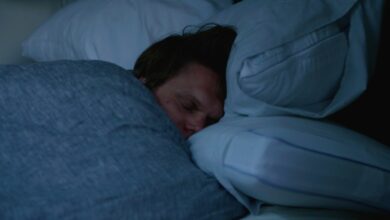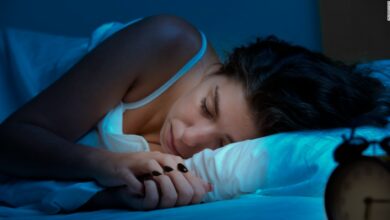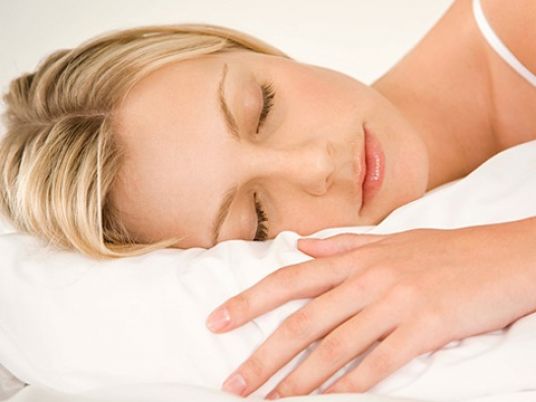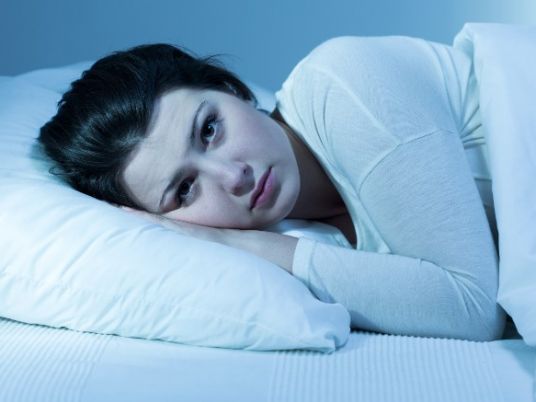
Nearly three quarters of participants who had been complaining of the onset of trouble sleeping slept better within three months after one 60-minute cognitive behavioral therapy session.
Most research on insomnia examines the condition in its chronic phase, but the current study is thought to be the first to treat insomnia before it becomes chronic, while still in the acute phase, officially known as the first three months of poor sleep.
Participants were separated into two groups, each of which contained nine men and 11 women, all of whom were asked to record the quality and duration of their sleep for a week before treatment.
Each had been assessed using the Insomnia Severity Index, which measures the nature, severity and impact of the condition.
The test group received a one-hour, one-on-one cognitive behavioral therapy session led by lead author Dr. Jason Ellis, a professor of Sleep Science in Northumbria University's Department of Psychology.
He spoke of individual differences in one's need for sleep in various phases of life, and educated participants about sleep hygiene, which pertains to making sure one's routine and atmosphere are optimal for sleep.
Examples would be abstaining from caffeine in the late afternoon or evening or making sure noise from the street isn't going to interfere with your sleep by closing the window or by masking the noise by adding a steady stream of white noise from a sleep app.
They were also given a self-help pamphlet to read at home, which contained information about how to keep a sleep diary, how to control the factors that could be disrupting your sleep, and using cognitive control and imagery to concentrate on other things.
"Detect, detach and distract," is the motto of the pamphlet.
Within one month of therapy, 60 percent of participants reported sleeping better, and after three months had passed, 73 percent reported better sleep.
The control group had received the pamphlet but not the therapy session and just 15 percent of them reported better sleep.
Upon being informed of the test group's results, 70 percent of participants in the control group requested the therapy session.
The study, which has implications for treating insomnia early on, was published in the journal Sleep.
Another recent study identified the pathways that lead to acute insomnia – essentially stress – and suggests mindfulness-based therapies to suppress the "mental chatter" that inhibits the onset of sleep.
"Though we may not be able to control external events, we can reduce their burden by staying away from certain maladaptive behaviors," said lead author of that study Dr. Vivek Pillai.




